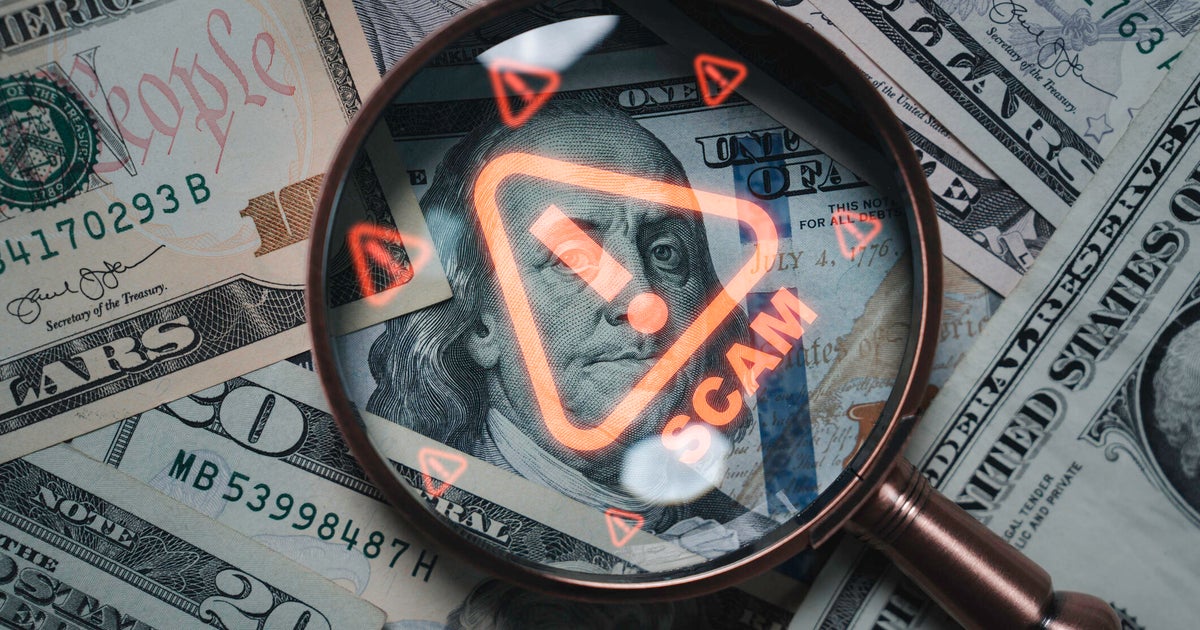Investment and work-from-home scams have surged during pandemic, feds say
Scammers are targeting thousands of Americans who have lost their jobs or seen their pay decline during the coronavirus pandemic with fake investment schemes or work-from-home arrangements, federal regulators said Monday.
Between April and June of this year, the Federal Trade Commission received a record number of complaints about scams, according to the agency. More than 11,000 such incidents were reported — a 70% jump from the year-ago period.
In the first nine months of 2020, victims lost $150 million to phoney offers of job training, work-from-home schemes or investment opportunities, according to the FTC. Since 2016, losses from these schemes have topped $600 million.
"Families are desperate to make ends meet, pay for health care and put food on the table. This pandemic has made Americans especially vulnerable to income scams," Maryland Attorney General Brian Frosh told reporters in a call on Monday.
FTC officials announced cases against four alleged scammers on Monday accused of preying on people affected by the pandemic.
In one alleged scam, a group of companies run by Utah resident named Randon Morris, blasted out "hundreds of illegal robocalls" promising people work as Amazon affiliates and then fleeced victims of hundreds or thousands of dollars in fees and fake services, according to regulators.
The four companies purportedly run by Morris — National Web Design, B2B Website Design, Amazon Affiliate Program and R&C Consulting — have been operating since 2015, the FTC alleges, but they stepped up their efforts during the coronavirus pandemic. The operation sent out calls referencing the pandemic and urging people to enroll in a nonexistent training program for Amazon affiliates, according to regulators.
One such call allegedly said: "Amazon recognizes the health concerns concerning the coronavirus. Amazon is offering you an opportunity to work from home as an Associate member and make up to $400 a day." Targets who responded were then sold shoddy website and and marketing services, the FTC alleged.
"These companies charged people hundreds or thousands of dollars and left them with nothing but a badly designed website," Andrew Smith, director of the FTC's Bureau of Consumer Protection, told reporters.
Another alleged scammer, Florida-based Digital Income Systems, asked consumers to pay between $1,000 and $25,000 for memberships in a fake money-making enterprise, the FTC said. Instead of a promised a "commission" of $500 to $12,500 per sale, people received no payment and the money instead went to the company's owners and several associated entities that promoted the scheme on social media, according to the FTC.
RagingBull.com allegedly bilked consumers of $137 million over three years by selling advice to help them "beat the market" trading stock or stock options. The scheme's victims, many of whom were elderly, retired or immigrants, lost money on the advice, the FTC said.
"Large profits" working from home
The FTC accused a fourth operation, California-based Moda Latina, with falsely promising victims that they could earn "large profits" working from home re-selling luxury goods, such as perfume. In one typical Spanish-language TV ad described in the complaint, a woman says: "Crisis? What crisis? I forgot about that ever since I started selling with Perfume Box. It completely changed my life and my finances."
From March 2017 until August 2020, Moda Latina scammed consumers of more than $7 million by making them pay hundreds of dollars for purported luxury goods they couldn't resell, the FTC said.
Moneymaking scams flourish when the job market is tough, and can range from fake job offers and phony investment schemes to fake-check frauds, in which fraudsters send the target a fake check to deposit and then ask for some of that money back, often in the form of a gift card.
"If anyone is asking you to send them gift cards, to purchase something, to pay for something or to reimburse money they deposited in your bank account, it's a scam," said Frosh said.



